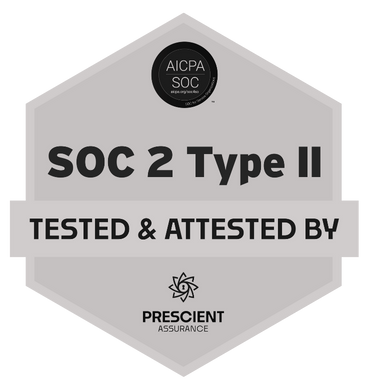Estate planning is something we all eventually need to do. It's about managing our assets carefully and preparing for the inevitable end of our lives. The main goal is to make sure our loved ones are taken care of when we're gone. Estate planning also involves understanding the tax implications, which can be a complex and confusing subject. In this blog, we'll cover the basics of estate planning and its tax implications.
To grasp the tax effects of estate planning, you’ve got to wrap your head around the basics first. Usually, estate planning involves making a will, setting up a trust, or even doing both. A will spells out how your things get divvied up after you're gone, while a trust is a legal deal where a trustee handles your assets for your beneficiaries. Once you've got your will or trust sorted, then it's time to go over the tax implications of your estate planning.
The estate tax is a tax on the transfer of your assets when you die. The value of your estate is determined by adding up the value of all your assets, including cash, investments, and property, and subtracting any debts. If the total value of your estate is above a certain threshold (currently $11.7 million), the estate tax will apply. This tax can be as high as 40%, which can be a significant burden on your heirs.
The gift tax applies to any transfer of money or assets from one person to another without receiving something of equal value in return. This tax can also be as high as 40%, so it’s essential to understand the rules around gift tax. For example, you can give up to $15,000 to an individual each year without triggering the gift tax. However, if you give more than that, you may need to file a gift tax return.
Depending on the type of assets you own and how they are held, they may be subject to income tax after you die. For example, if you own stocks or bonds that have appreciated in value, your heirs may be required to pay capital gains tax on any gains when they sell them. Similarly, if you have certain types of retirement accounts, such as traditional IRA accounts, your heirs may also have to pay income tax when they withdraw the assets.
Estate planning can be tricky, but grasping the tax implications is crucial. Teaming up with an experienced estate planning advisor can help you lighten the tax load on your heirs and make sure your wishes are honored once you're gone. So, take a moment to plan your estate and keep those tax implications in mind. Your family and loved ones will be grateful!
Estate planning is something we all eventually need to do. It's about managing our assets carefully and preparing for the inevitable end of our lives. The main goal is to make sure our loved ones are taken care of when we're gone. Estate planning also involves understanding the tax implications, which can be a complex and confusing subject. In this blog, we'll cover the basics of estate planning and its tax implications.
To grasp the tax effects of estate planning, you’ve got to wrap your head around the basics first. Usually, estate planning involves making a will, setting up a trust, or even doing both. A will spells out how your things get divvied up after you're gone, while a trust is a legal deal where a trustee handles your assets for your beneficiaries. Once you've got your will or trust sorted, then it's time to go over the tax implications of your estate planning.
The estate tax is a tax on the transfer of your assets when you die. The value of your estate is determined by adding up the value of all your assets, including cash, investments, and property, and subtracting any debts. If the total value of your estate is above a certain threshold (currently $11.7 million), the estate tax will apply. This tax can be as high as 40%, which can be a significant burden on your heirs.
The gift tax applies to any transfer of money or assets from one person to another without receiving something of equal value in return. This tax can also be as high as 40%, so it’s essential to understand the rules around gift tax. For example, you can give up to $15,000 to an individual each year without triggering the gift tax. However, if you give more than that, you may need to file a gift tax return.
Depending on the type of assets you own and how they are held, they may be subject to income tax after you die. For example, if you own stocks or bonds that have appreciated in value, your heirs may be required to pay capital gains tax on any gains when they sell them. Similarly, if you have certain types of retirement accounts, such as traditional IRA accounts, your heirs may also have to pay income tax when they withdraw the assets.
Estate planning can be tricky, but grasping the tax implications is crucial. Teaming up with an experienced estate planning advisor can help you lighten the tax load on your heirs and make sure your wishes are honored once you're gone. So, take a moment to plan your estate and keep those tax implications in mind. Your family and loved ones will be grateful!



